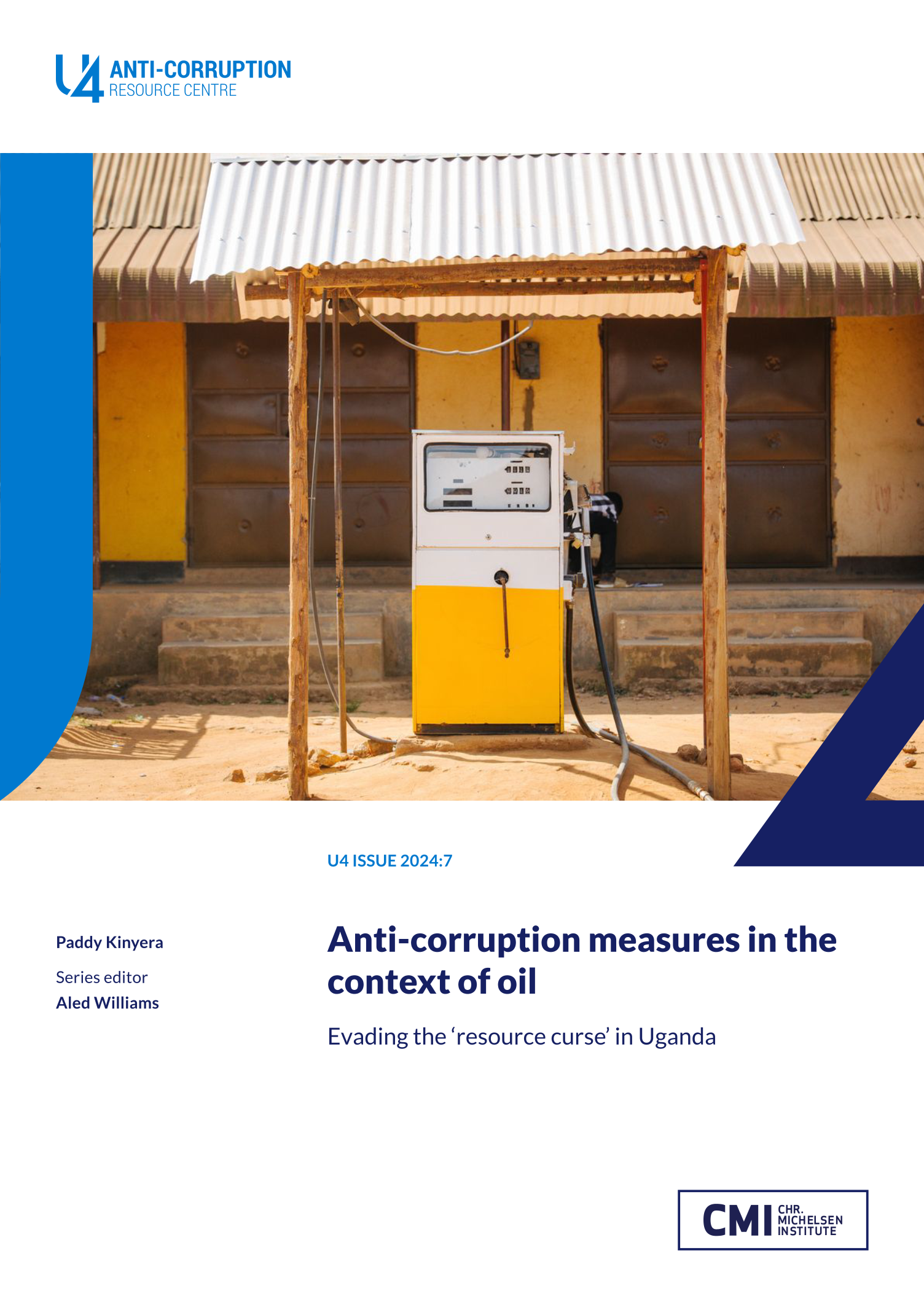Main points
- Corruption remains a real threat to the oil industry as it is deeply entrenched in the country’s political economy, affecting every sector.
- Generally, corruption has become a lucrative venture in Uganda, operated by ‘gainful concealment’.
- The oil industry offers rich ground for corruption, as evidenced to date by cases arising from project implementation by private firms.
- As part of institutional measures to guard the oil industry against corruption, the government created the Petroleum Fund within the Public Finance Management Act (2015) to prevent mismanagement of oil revenues.
- Existing institutions and structures are mainly constrained by bureaucracy, unresponsiveness, disjointed operations, and limits to legal mandates.
- The advent of new institutions may not help if existing agencies are already constrained by the same systems that create them.
